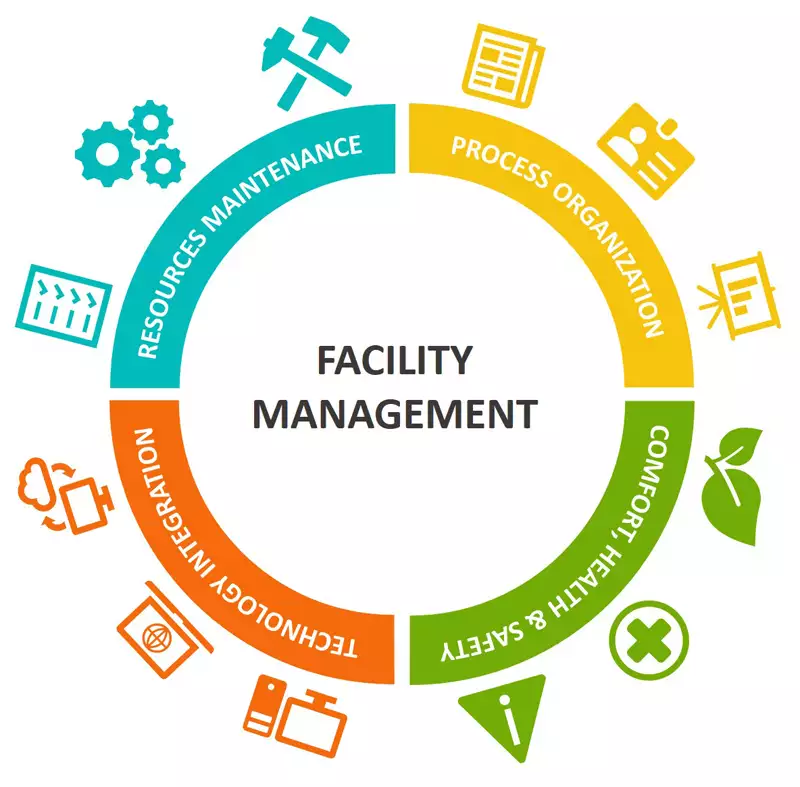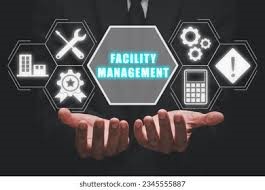Streamlining Operations and Enhancing Efficiency: The Importance of Facility Management

Introduction
In today’s rapidly evolving business landscape, organizations across industries face numerous challenges in managing their physical assets and infrastructure effectively. Facility management plays a pivotal role in ensuring the smooth and efficient operation of facilities, enabling businesses to focus on their core competencies while maintaining optimal working environments. This article explores the significance of facility management, its key components, and the benefits it brings to organizations.
Understanding Facility Management
Facility management involves the integration of multiple disciplines to ensure the functionality, safety, and efficiency of built environments. It encompasses a broad range of activities, including maintenance, operations, space planning, security, health and safety, energy management, and sustainability initiatives. Facility managers are responsible for overseeing these diverse aspects to create an environment that supports the organization’s objectives and enhances the well-being of its occupants.
Key Components of Facility Management
- Maintenance and Operations: Facility managers coordinate and execute preventive and corrective maintenance programs to ensure the proper functioning of equipment, systems, and infrastructure. Regular inspections, repairs, and upgrades are conducted to minimize downtime, extend asset lifespan, and optimize operational efficiency.
- Space Planning and Utilization: Efficient space management is crucial for organizations to make the most of their available resources. Facility managers assess space requirements, plan layouts, and allocate spaces effectively to enhance productivity, collaboration, and employee satisfaction.
- Health, Safety, and Security: Maintaining a safe and secure working environment is a top priority for facility managers. They implement safety protocols, conduct risk assessments, and ensure compliance with regulations to minimize accidents and mitigate potential hazards. Additionally, facility managers oversee security systems, access controls, and emergency response procedures to protect assets, personnel, and sensitive information.
- Sustainability and Energy Management: With increasing environmental concerns, facility managers play a vital role in implementing sustainable practices. They identify energy-saving opportunities, promote resource conservation, and integrate renewable energy solutions. Facility managers also monitor energy consumption, analyze data, and implement strategies to reduce the carbon footprint of facilities.
Benefits of Effective Facility Management
- Enhanced Operational Efficiency: By optimizing maintenance schedules, improving space utilization, and implementing streamlined processes, facility management improves overall operational efficiency. This leads to cost savings, increased productivity, and a smoother workflow within organizations.
- Improved Occupant Satisfaction: A well-managed facility contributes to the well-being and satisfaction of its occupants. Facility managers ensure a comfortable and safe environment, addressing concerns promptly, and maintaining high standards of cleanliness and maintenance. This fosters a positive work culture and boosts employee morale and productivity.
- Risk Mitigation and Compliance: Facility managers play a critical role in identifying and mitigating potential risks to the organization. By implementing robust safety protocols, adhering to regulations, and conducting regular audits, they minimize the likelihood of accidents, legal issues, and non-compliance penalties.
- Long-Term Cost Savings: Proactive maintenance, efficient energy management, and strategic planning for facility upgrades contribute to long-term cost savings. Facility managers assess asset lifecycles, prioritize investments, and negotiate contracts with service providers to optimize budget allocations and reduce unnecessary expenditures.
- Sustainable Practices and Corporate Social Responsibility: Facility managers embrace sustainability initiatives, incorporating environmentally friendly practices into facility operations. This not only helps reduce environmental impact but also enhances an organization’s reputation as a socially responsible entity, attracting environmentally conscious customers, partners, and employees.
Conclusion
Facility management plays a pivotal role in ensuring the smooth operation and optimization of facilities. By incorporating diverse disciplines such as maintenance, space planning, health and safety, and sustainability, facility managers contribute to enhanced operational efficiency, improved occupant satisfaction, and long-term cost savings. As organizations continue to face evolving challenges, effective facility management remains a crucial element in achieving strategic objectives while providing a conducive environment for growth.
Written By: Zulu Yusuf




